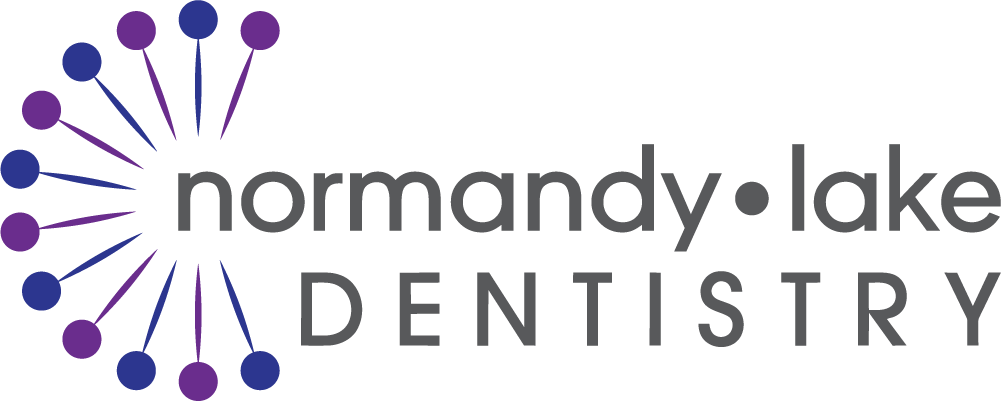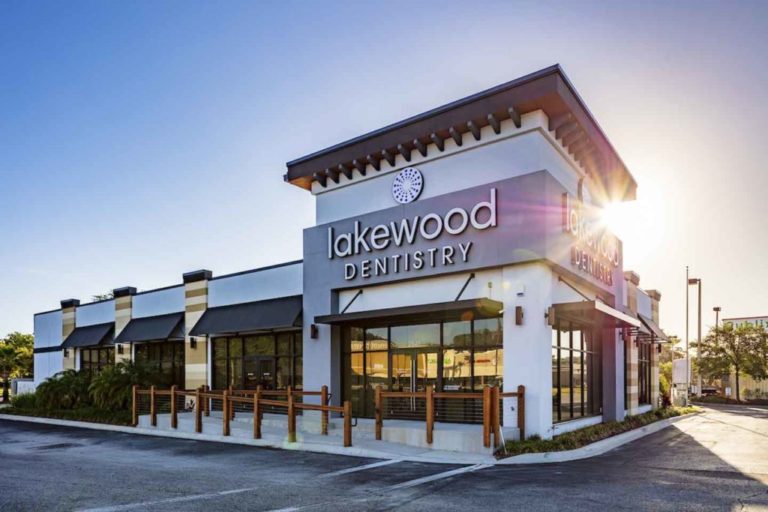Implants Can Help Preserve Bone
A brief video about how implants can not only help restore your ability to chew, but also help with preserving the bone structure of your face. You can learn more about our dental implants service here.
Are Dental Implants Safe?Are Dental Implants Safe?
Dental implants have become many dentists’ go-to procedure for replacing missing teeth. Dental implant surgery replaces tooth roots with metal, screwlike posts and replaces damaged or missing teeth with artificial teeth that look and function much like real ones. This surgery is a great alternative to dentures and can offer an option when a lack of natural teeth roots don’t allow building denture or bridgework tooth replacements.
What are the risks?
Like any type of surgery, there are a few risks to getting dental implants. However, the problems that come with dental implant surgery are rare and typically minor and very treatable. Risks include:
- Sinus problems, when dental implants placed in the upper jaw protrude into one of your sinus cavities
- Injury or damage to surrounding structures, such as other teeth or blood vessels
- Nerve damage, which can cause pain, numbness or tingling in your natural teeth, gums, lips or chin
- Infection at the implant site
The advantages of using dental implants
Dental implants are one of the most reliable dental procedures with a 95% success. They also offer advantages that other missing teeth solutions do not, such as:
- Appearance – Implants look and feel like your natural teeth.
- Speech – No need to worry about slipping dentures or loose bridges that can cause slurred speech.
- Comfort – Implants are permanent and stable, so no chaffing or discomfort will happen like with dentures.
- Oral health – Implant placement does not require modifying surrounding teeth as a bridge does. Also, implants stop bone deterioration and stimulate healthy bone tissue growth.
Dental Implant Procedure
When considering having a dental implant procedure, a patient will typically go through the following steps:
- First, the patient will go through a thorough exam and consultation with the dentist. The dentist will then make an individualized treatment plan.
- At the next appointment, the team will place your implant, which acts as a substitute tooth root.
- Then, the tooth is given time (about 2-3 months) to heal and integrate with the bone tissue.
- Once the implant has bonded to the bone tissue, a small connector called an abutment is attached to the implant.
- Impressions are taken of your teeth to create either a custom crown to replace one tooth or an implant-supported bridge or denture for multiple missing teeth. Crown restorations are custom tinted, so they blend in beautifully with your natural teeth.
- The finished crown, bridge, or denture is attached to the implant(s).
Once you get the finished implant, your new teeth are ready to use! If you have any questions or concerns, please reach out to us at (904) 783-1633 for the Normandy office, or 904-293-2520 for the Lakewood office, or (904) 278-9011 for the Orange Park office. We want your implants to look and feel like real teeth and you smile looking its best!
Implants Can Help Preserve Bone













